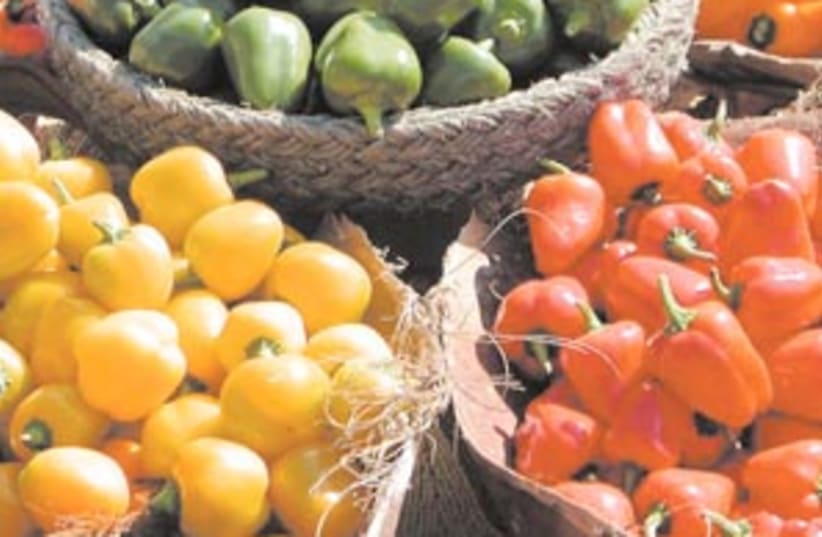| JPOST.COM HIT LIST | |
| JPost.com's most popular articles this past week |
Families return to the roots
Allotment projects, like the one in Kfar Saba, bring healthy organic food to the masses.


| JPOST.COM HIT LIST | |
| JPost.com's most popular articles this past week |